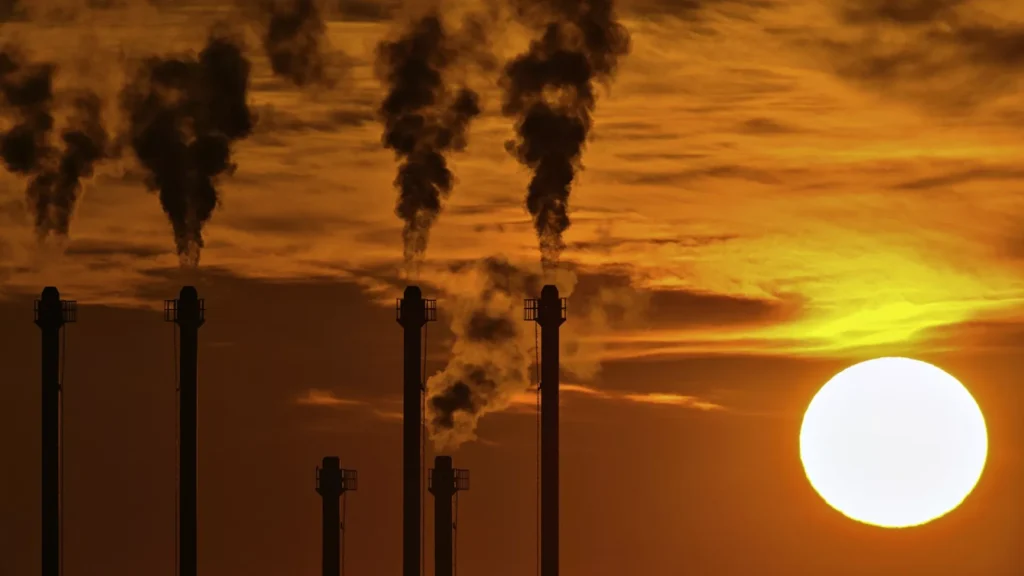The European Union has received a recommendation from Brussels to achieve a 90% reduction in greenhouse gas emissions by 2040. This recommendation is aimed at ensuring climate neutrality becomes a reality by mid-century. The proposed target, in comparison to 1990 levels, involves the extensive deployment of renewable systems, the phased abolition of coal, the near-total elimination of gas from the energy system, and significant changes in transport, food, buildings, factories, and waste management.
This recommended target aligns with the 2015 Paris Agreement’s goal of keeping the Earth’s average temperature below 2°C, with a preference for limiting it to 1.5°C. The urgency of this directive has escalated following the declaration of 2023 as the warmest year on record, underscoring the pressing nature of the climate crisis.
While the 2040 ambition is currently a non-binding recommendation from the European Commission, it is strategically timed to initiate political discussions. A formal proposal is expected after the elections to the European Parliament, intending to prevent far-right parties from exploiting the issue.
The Commission stated that “setting a 2040 climate target will help European industry, investors, citizens, and governments make decisions in this decade to keep the EU on track for its climate neutrality objective in 2050.” The recommendation aims to provide crucial signals for effective investment and planning for the long term, minimizing the risks of stranded assets.
However, the legislative process ahead is anticipated to be contentious and polarizing, especially considering the existing backlash against the Green Deal from conservatives, farmers, and industry stakeholders. The Fit for 55 package, introduced to reduce the EU’s greenhouse gas emissions by at least 55% by the end of the decade, has faced criticism and protests.
The Nature Restoration Law, though not officially part of Fit For 55, has further intensified the divide between right-wing and left-wing politicians. The agricultural sector, in particular, has vehemently opposed certain regulations, leading to farmer protests in several member states.
Ursula von der Leyen, the president of the European Commission, has responded to the criticism by highlighting the resilience of farmers and withdrawing a contentious pesticide law. This move was seen as an attempt to address the concerns raised by the agricultural sector.
The Commission’s announcement of the 2040 climate target is met with criticism from environmental organizations. The proposed 90% reduction is labeled as a “net” target, leaving room for carbon removal technologies, which some argue could allow continued polluting operations. Environmentalists argue for a swift end to fossil fuels to avoid the worst effects of climate breakdown, emphasizing the need for meaningful and impactful measures.

